Earlier this year the Malta Council for Science and Technology organised the Malta Young Scientists Awards to bring island’s brightest to the fore. The winners went on a visit to the Joint Research Centre in Ispra, Italy, to share their projects and findings. Here is what they are working on.
Sephora Sammut
 Our study was the first of its kind. It focused on sediment behaviour and transport in Maltese pocket beaches, which were analysed using wave modelling in different areas and times. The published paper shows how wave exposure, geological background, and coastal configuration contribute to the behaviour of beach sediment, and hence the shaping of our coast. The study has highlighted the importance of coastal landforms, and contributed to awareness regarding beach management and erosion threats. Now, more investigations need to be made to fully understand the ramifications of changes to our coastline and how to protect beaches through policy.
Our study was the first of its kind. It focused on sediment behaviour and transport in Maltese pocket beaches, which were analysed using wave modelling in different areas and times. The published paper shows how wave exposure, geological background, and coastal configuration contribute to the behaviour of beach sediment, and hence the shaping of our coast. The study has highlighted the importance of coastal landforms, and contributed to awareness regarding beach management and erosion threats. Now, more investigations need to be made to fully understand the ramifications of changes to our coastline and how to protect beaches through policy.
James Ciarlo
Projections of future climates typically make vast assumptions in order to simplify the task of climate models when simulating the complex atmosphere. Organicchemicals, for example, go through several changes throughout their lifetime; they interact with incoming solar radiation and influence weather and climate in many ways. As a result of their complicated nature, they are often eliminated from these models. My work focused on the development of a chemistry module for a state-of-the-art Regional Climate Model. It addressed the issue of over-simplification by introducing these chemical processes into the model, as well as the physical properties that cause these particles to affect our climate.
Vanessa Petroni Magri
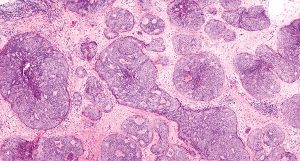 Our research aimed to discover novel therapeutic approaches of drug combinations which would be effective in breast cancer cells and potentially safer than individual therapy. We found that combining separate treatments at lower concentrations achieved the same response as using those individual treatments at their original higher concentrations. This is a positive step, as lower doses cause fewer side effects than current therapies. Cells from different types of breast cancer also underwent profiling in order to identify which genetic responses are influenced by our treatment. Results from this work can also be used to genetically identify the breast cancer cell types that respond best to our treatment, bringing therapies closer towards patient-centred individualised treatment.
Our research aimed to discover novel therapeutic approaches of drug combinations which would be effective in breast cancer cells and potentially safer than individual therapy. We found that combining separate treatments at lower concentrations achieved the same response as using those individual treatments at their original higher concentrations. This is a positive step, as lower doses cause fewer side effects than current therapies. Cells from different types of breast cancer also underwent profiling in order to identify which genetic responses are influenced by our treatment. Results from this work can also be used to genetically identify the breast cancer cell types that respond best to our treatment, bringing therapies closer towards patient-centred individualised treatment.
Joanna Vella
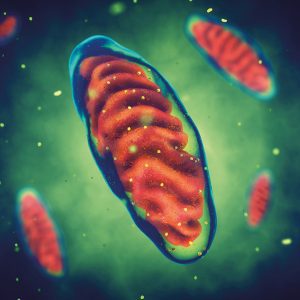 One of the Malta BioBank’s rare disease projects is focused on understanding the genetic causes of mitochondrial disorders and sudden cardiac deaths (SCD) in young adults. A total of 50 whole exomes (protein coding genes) were sequenced from patients with genetically undiagnosed mitochondrial disorders from the Malta BioBank (BBMRI.mt) and Hacettepe University, Turkey as part of a EuroBioBank, RD-Connect and BBMRI-LPC collaborative project. A retrospective study shows that 42% of all sudden deaths in Malta under the age of 40 were related to the cardiovascular system. Joanna will analyse a panel of mitochondrial and nuclear genes implicated in SCD to unravel the genetic causes.
One of the Malta BioBank’s rare disease projects is focused on understanding the genetic causes of mitochondrial disorders and sudden cardiac deaths (SCD) in young adults. A total of 50 whole exomes (protein coding genes) were sequenced from patients with genetically undiagnosed mitochondrial disorders from the Malta BioBank (BBMRI.mt) and Hacettepe University, Turkey as part of a EuroBioBank, RD-Connect and BBMRI-LPC collaborative project. A retrospective study shows that 42% of all sudden deaths in Malta under the age of 40 were related to the cardiovascular system. Joanna will analyse a panel of mitochondrial and nuclear genes implicated in SCD to unravel the genetic causes.
Shawn Baldacchino
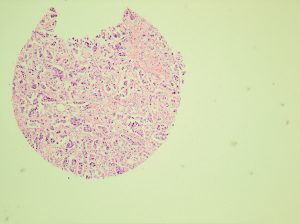
Our research explores the potential application of a cutting-edge technology to test and identify different types of breast cancer using newly developed biomarkers. Biomarkers are measurable indicators that can identify particular cancer types, and are needed to develop personalised treatment plans for patients. So far, we have effectively identified biomarkers which select a novel type of breast cancer that is potentially treatable with a new targeted therapy. Identification of new specific biomarkers is particularly important for currently difficult to treat cancer types, such as the triple-negative strain of breast cancer.

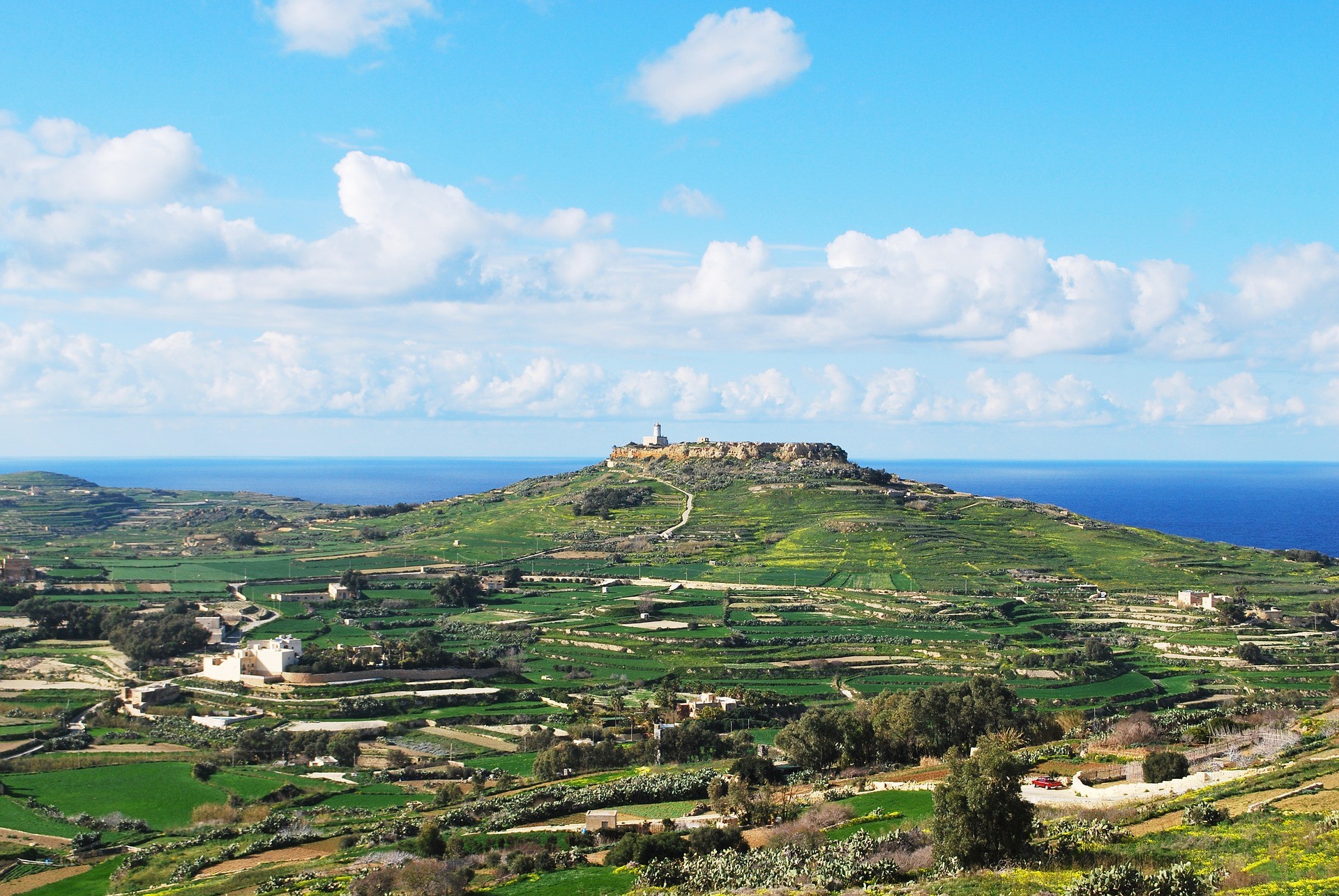
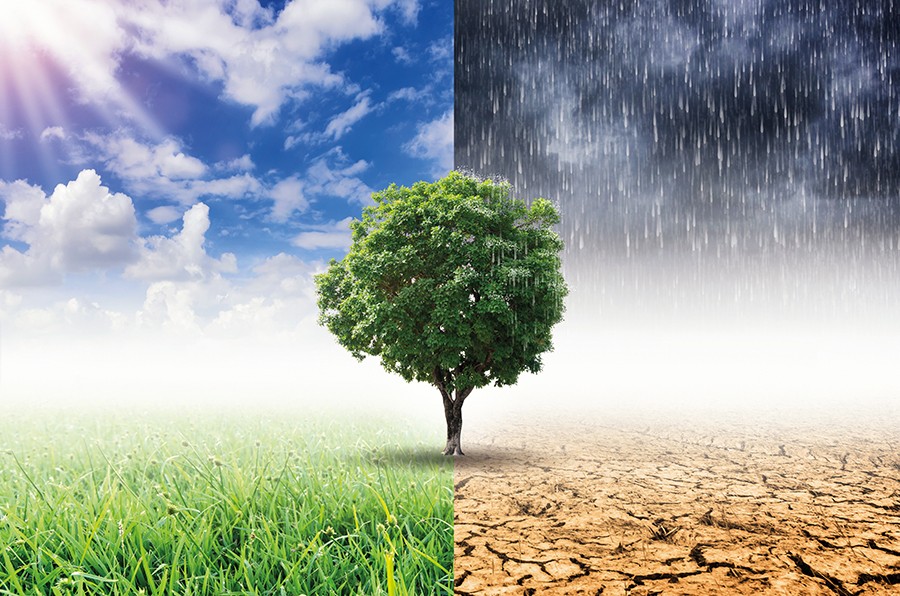



Comments are closed for this article!